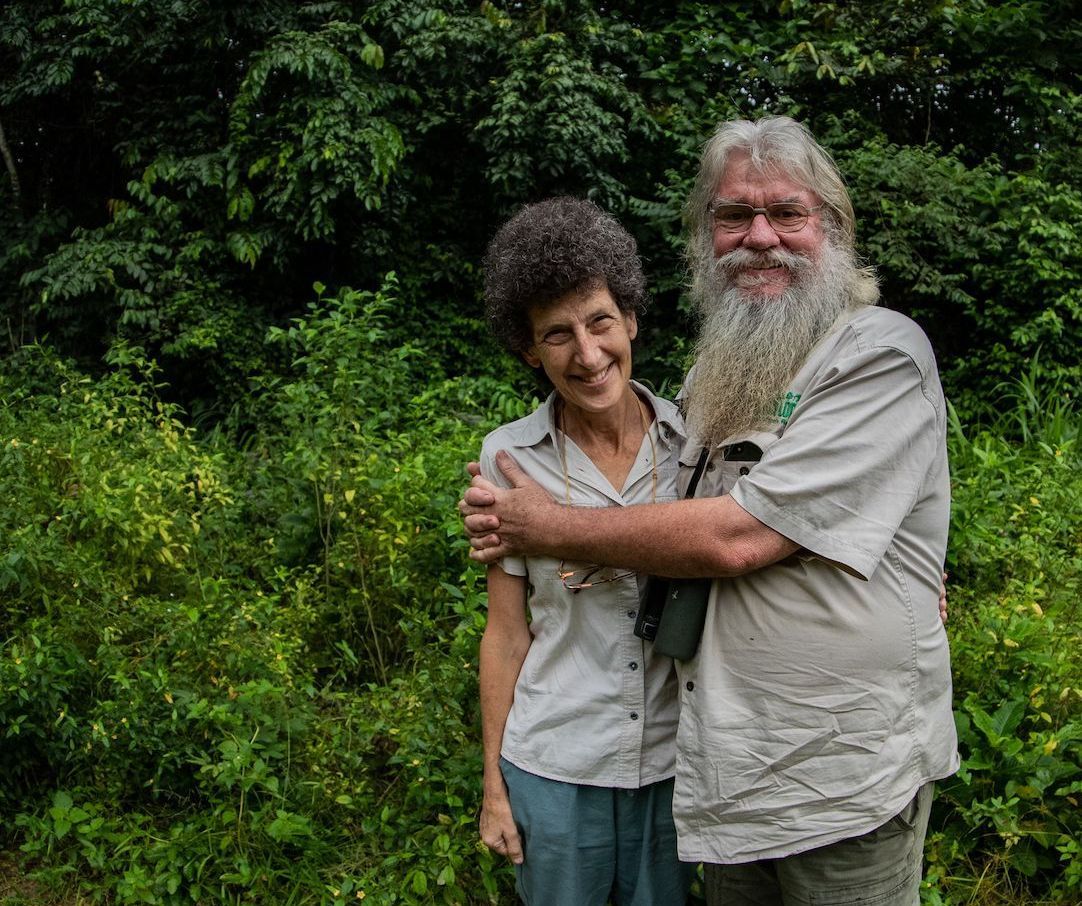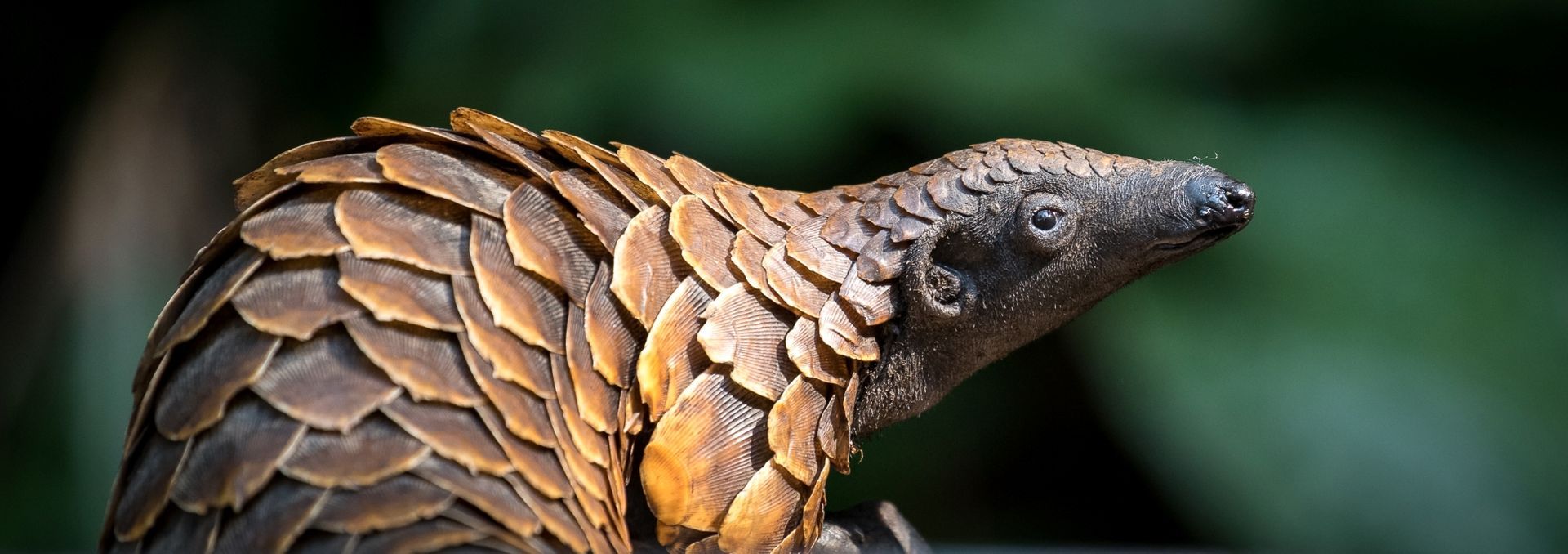
ABOUT US
Our story
The creation of a bucket-list safari destination
So how did a pair of South Africans end up living in the Central African Republic, running one of the most remote lodges on the continent? It's a popular question that Sangha Lodge founders Rod and Tamar Cassidy are used to answering.
According to Rod, the story starts way back in 1999 when he was running a small tour company called Silver Safaris, specialising in birding tours mainly to Southern Africa.
"We ran our first trip to Gabon in 1999 and the beauty of the tropical rainforest immediately hit me," he says. "Over the next two years I ran another birding trip and three trips to look for western lowland gorillas and other tropical African wildlife in Gabon, but soon realised that although it was exceptionally beautiful, it was perhaps not the best destination back then to find charismatic wildlife," Rod explains.
The creation of
a bucket-list safari destination
So how did a pair of South Africans end up living in the Central African Republic, running one of the most remote lodges on the continent? It's a popular question that Sangha Lodge founders Rod and Tamar Cassidy are used to answering.
According to Rod, the story starts way back in 1999 when he was running a small tour company called Silver Safaris, specialising in birding tours mainly to Southern Africa.
"We ran our first trip to Gabon in 1999 and the beauty of the tropical rainforest immediately hit me," he says. "Over the next two years I ran another birding trip and three trips to look for western lowland gorillas and other tropical African wildlife in Gabon, but soon realised that although it was exceptionally beautiful, it was perhaps not the best destination back then to find charismatic wildlife," Rod explains.
True grit & determination

Congo calling
Rod started to explore the Republic of Congo and in 2001 and 2002 ran tours with huge success, finding lots of gorillas in both the Odzala-Kokoua National Park and Nouabale-Ndoki National Park. Things were looking good and bookings were on the rise, but fate intervened in 2002 with a huge outbreak of ebola right where Rod was operating, closing the park to tourists and decimating the gorilla population, with an estimated 5000 dying from the disease.
While there was still a healthy population of gorillas in Nouabale-Ndoki, at the time it did not provide the variety needed for 14-day tours, so in 2004 Rod and Tamar visited the Central African Republic for the first time to explore the possibilities.
Discovering CAR
"What we found amazed us," says Rod. "The forest was far more interesting, the people fascinating and the park founders in their wisdom had started a tourism programme as early as the mid 1990s. So we developed a really nice tour that ran between the two main national parks and this worked well until 2008 when the lodge we were using was given to a new concessionaire, and it no longer became cost-effective to use it," he adds. Rod had heard of an old hunting camp up the Sangha River that was not being used any longer and he took some time out from his guests to visit the site.
"My first impression was 'WOW!'," laughs Rod. "It was a site of unbelievable beauty on a small peninsula on the river. I fell in love with it immediately and started looking for the owner of the concession." The lodge was in a state of disrepair - the forest had reclaimed some of the buildings, most of the infrastructure was either falling apart or had been stolen, but Rod's search for the concession owner got under way.
"We eventually found the owner in Pretoria, living not 5km from where we lived and I went to see him, we exchanged some money and I returned to the Central African Republic to start rebuilding!"
Sangha Lodge is born
Sangha Lodge opened in 2009 and welcomed its first guests shortly thereafter. "We worked room and room and got six rooms up and running that year, as well as hiring and training all of our staff. We also began to establish a relationship with our local communities," says Rod.
He and Tamar achieved a lot, with lots of things happening in the intervening years to test their determination. Two coups d’état, political upheaval and unrest set things back, as did the global pandemic, but the Cassidys prevailed, coming out stronger, albeit a lot poorer! And Sangha Lodge has been cemented as a must-visit destination on travellers' bucket lists the world over.
True grit & determination
Congo calling
Rod started to explore the Republic of Congo and in 2001 and 2002 ran tours with huge success, finding lots of gorillas in both the Odzala-Kokoua National Park and Nouabale-Ndoki National Park. Things were looking good and bookings were on the rise, but fate intervened in 2002 with a huge outbreak of ebola right where Rod was operating, closing the park to tourists and decimating the gorilla population, with an estimated 5000 dying from the disease.
While there was still a healthy population of gorillas in Nouabale-Ndoki, at the time it did not provide the variety needed for 14-day tours, so in 2004 Rod and Tamar visited the Central African Republic for the first time to explore the possibilities.
Discovering CAR
"What we found amazed us," says Rod. "The forest was far more interesting, the people fascinating and the park founders in their wisdom had started a tourism programme as early as the mid 1990s. So we developed a really nice tour that ran between the two main national parks and this worked well until 2008 when the lodge we were using was given to a new concessionaire, and it no longer became cost-effective to use it," he adds. Rod had heard of an old hunting camp up the Sangha River that was not being used any longer and he took some time out from his guests to visit the site.
"My first impression was 'WOW!'," laughs Rod. "It was a site of unbelievable beauty on a small peninsula on the river. I fell in love with it immediately and started looking for the owner of the concession." The lodge was in a state of disrepair - the forest had reclaimed some of the buildings, most of the infrastructure was either falling apart or had been stolen, but Rod's search for the concession owner got under way.
"We eventually found the owner in Pretoria, living not 5km from where we lived and I went to see him, we exchanged some money and I returned to the Central African Republic to start rebuilding!"
Sangha Lodge is born
Sangha Lodge opened in 2009 and welcomed its first guests shortly thereafter. "We worked room and room and got six rooms up and running that year, as well as hiring and training all of our staff. We also began to establish a relationship with our local communities," says Rod.
He and Tamar achieved a lot, with lots of things happening in the intervening years to test their determination. Two coups d’état, political upheaval and unrest set things back, as did the global pandemic, but the Cassidys prevailed, coming out stronger, albeit a lot poorer! And Sangha Lodge has been cemented as a must-visit destination on travellers' bucket lists the world over.
Our animal rehabilitation work

Rescue and release
Over the years, Rod and Tamar have rescued many orphaned animals from the bushmeat trade, especially the two arboreal species of pangolin found in Dzanga-Sangha. Now, they are known globally for their work with both the white-bellied (tree) pangolin and the black-bellied (long-tailed) pangolin, and have had incredible success rehabilitating and releasing these endearing, endangered animals.
Tamar is a co-founder of the Sangha Pangolin Project that's supported by global conservation organisations like the Born Free Foundation and the Pangolin Crisis Fund, as well as the IUCN's SCC Pangolin Specialist Group.
Critically, both Rod and Tamar have worked closely with the Ba'aka to achieve the successful rehabilitation and release of more than 70 pangolins, creating important awareness of the plight of pangolins within the communities they work with.
Our animal rehabilitation work
Rescue and release
Over the years, Rod and Tamar have rescued many orphaned animals from the bushmeat trade, especially the two arboreal species of pangolin found in Dzanga-Sangha. Now, they are known globally for their work with both the white-bellied (tree) pangolin and the black-bellied (long-tailed) pangolin, and have had incredible success rehabilitating and releasing these endearing, endangered animals.
Tamar is a co-founder of the Sangha Pangolin Project that's supported by global conservation organisations like the Born Free Foundation and the Pangolin Crisis Fund, as well as the IUCN's SCC Pangolin Specialist Group.
Critically, both Rod and Tamar have worked closely with the Ba'aka to achieve the successful rehabilitation and release of more than 70 pangolins, creating important awareness of the plight of pangolins within the communities they work with.
Images courtesy of: Chris Walti, Kyle de Nobrega, Jacha Potgeiter & Isak Pretorius. Videos by Chris Walti
Designed & powered by: The Safari Collective
